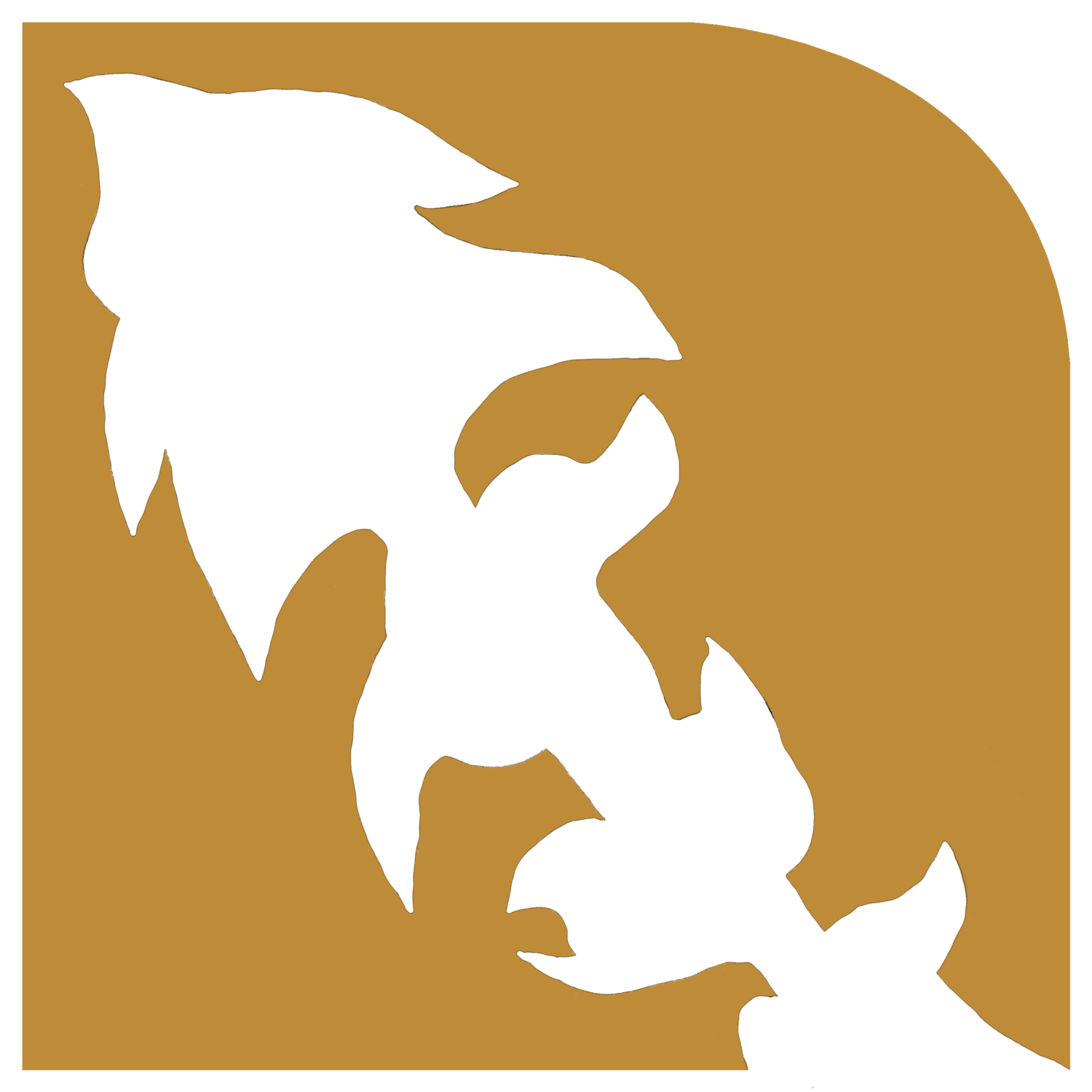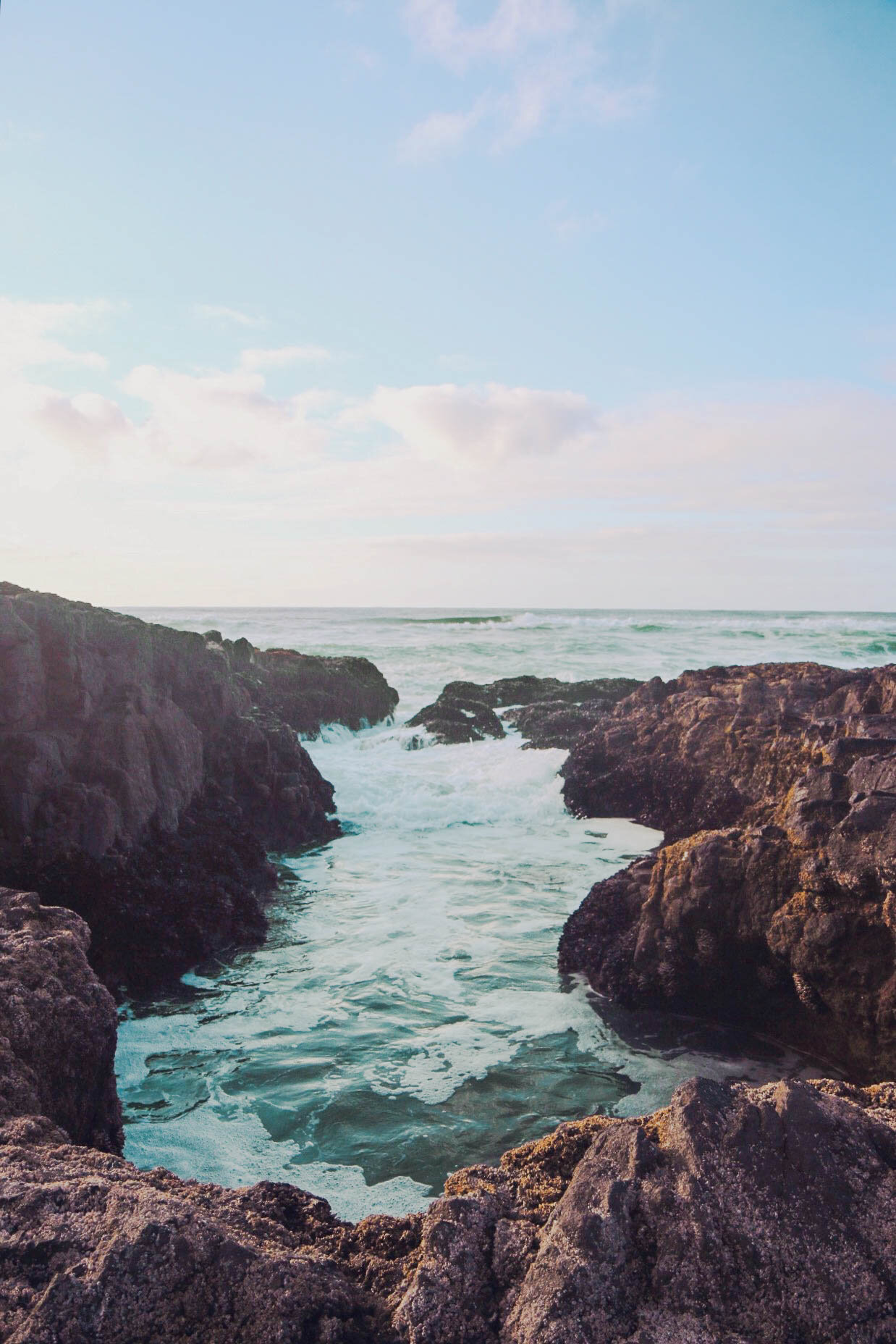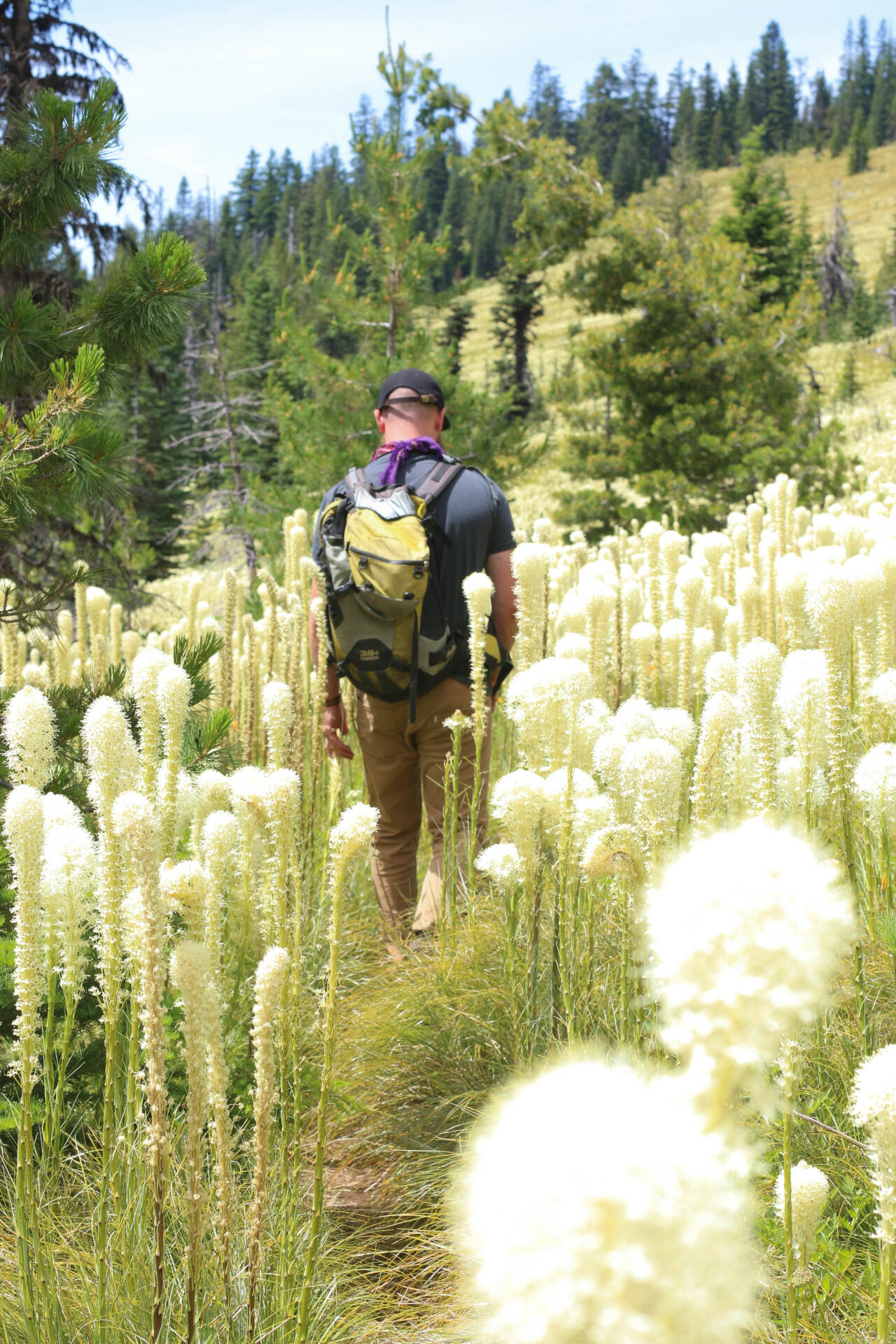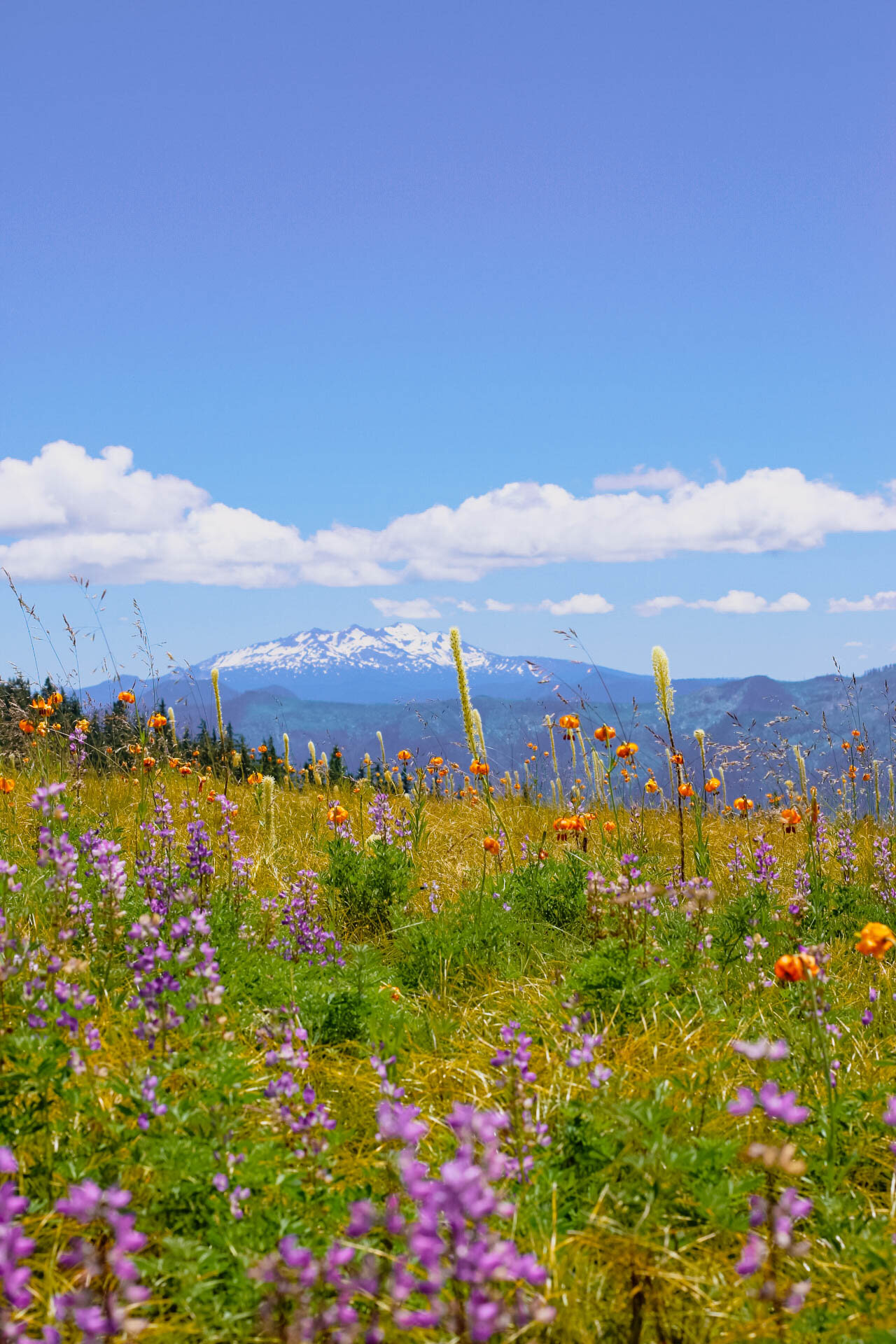Written by Suzanne Tabert
Photographed by Amanda Hutchison
Become Part of the Exquisite Beauty of Nature!
There are many more benefits to foraging plants in the wild than just the medicine they offer.
Before we pick our first plant, we are brought into the exquisite beauty of nature. It’s the peace and quiet that first draws attention. The utter calm that is so different from the jarring electricity of the urban or suburban areas where many of us live. After appreciating the freedom from disturbance for a few moments, we begin to notice the sounds of the area: birds calling, insects buzzing, whispers of larger animals moving just out of sight, sounds of water from waves on the beach, creeks and waterfalls up in the mountains, wind rustling leaves and branches.
Lungs take in deep breaths of fresh clean air and our souls unfurl like new fern fronds emerging from the ground in the spring. Then the colors. Oh the colors! Greens of all hues, yellows, reds, blues, pinks! Each month brings forth colors that reflect their seasonal personality.
As for myself, when I’m walking in the woods, I’m with friends. Leaves wave as I walk past. The plants are happy to see me, I can feel it. Insects buzz around my ears. I strain to listen, wishing I could slow down their language so I can understand them better. Still, I listen, hoping to pick up a word or two. Cool breezes dry the sweat on my skin. In nature, I don’t feel shoved to the side or looked upon as that “weird plant woman,” because of my keen sensitivity to plants, trees, and animals and their unique ways of communicating. In fact, I’m all the more welcomed for it! It’s beautifully transforming simply by being among the woods and everything in them.
Whenever I respond to nature’s resounding lure, my soul is once again satiated with a sense of belonging.
On a hike to a waterfall, I had the profound realization while watching the water flow that there is no “he said, she said” in nature. No guilt or worry, no seeking of approval or doubts about self worth. Nothing and no one is regretting what happened before or wondering what is to come. It seems to me that, in nature, everything just “is.” We all have the supreme opportunity to exist in that fashion just as the rest of its inhabitants do, if we choose. And if only for a short time, it brings us back to who we really are. It’s not about taking pictures for social media. It’s about sitting by a favorite tree or rock; we can go in grieving and come out feeling the peace that surpasses all understanding. Unexplainable, miraculous peace.
It’s still possible to get outside and find healing in the bosom of nature while practicing safe physical distancing. A simple walk in a park will present plants that want to meet you. Look for the single leaf waving when others are not. Breathe them in and give them your breath when you feel overwhelmed. The exchange of oxygen from plants and carbon dioxide from us show us how intertwined we are. Plants and humans connecting.
Often the very plants we need grow right outside our door, presenting themselves to us, if we just take a moment to notice.
Whether deep in the forest, on a beach or meadow, or tucked into a pocket of nature in the city, the natural world calls us to go deeper. To reach farther in. To become part of the community of flora and fauna. We were never meant to be separate. We are a part of a whole and we are welcome.
I encourage us all to get out into nature as often as we can. We are always invited. We are always welcome. We are always included in the collective. And when we are part of the whole, so too are we healed.
Suzanne Tabert is a bio-regional herbalist, wildcrafter, founder and director of herbal education at the Cedar Mountain Herb School, teaching from a lifetime of personal and academic studies of plants and their habitats. She is a member of the American Herbalists Guild, the American Herb Association, Partner in Education at United Plant Savers, and is practicum supervisor and adjunct faculty at Bastyr University. She has been teaching herbal medicine for 30 years, with plans to continue throughout her lifetime.







